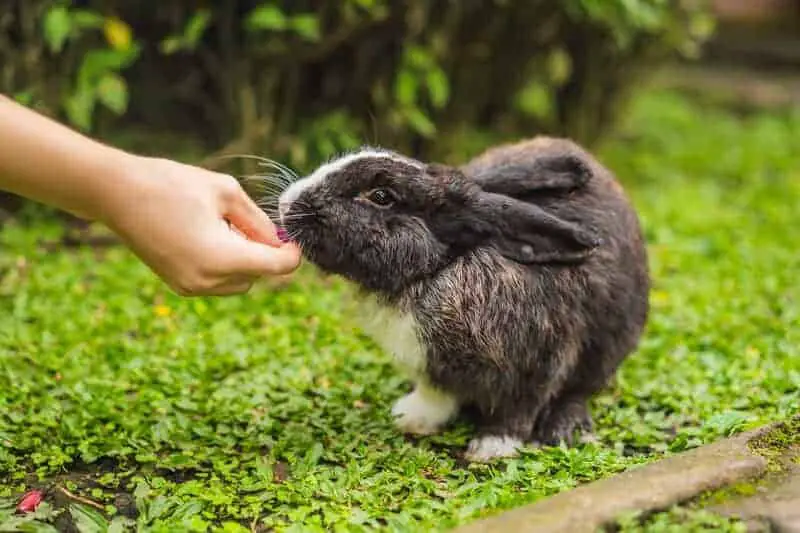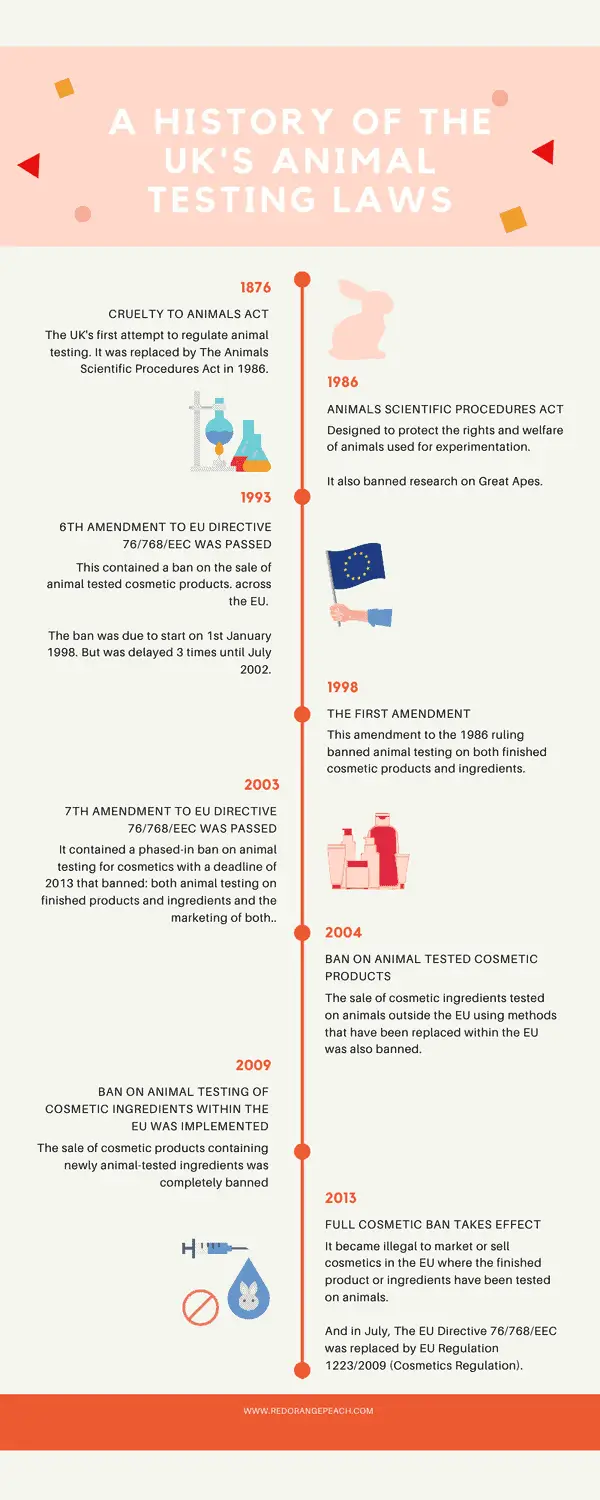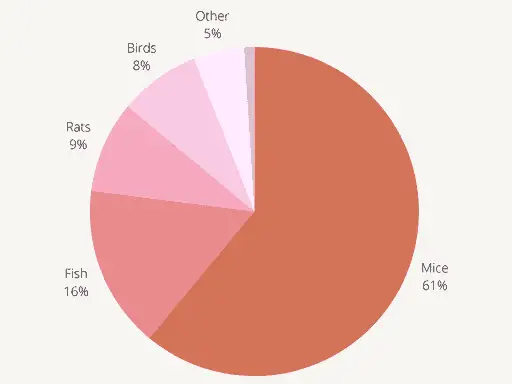- This post may contain affiliate links which - at no cost to you - may generate a small fee for us. It helps us research and review products more effectively
Summing Up
- The UK’s full cosmetic ban came into place in 2013 with the EU Cosmetics Directive
- But The Cruelty To Animals Act came into place in 1876
- But the UK still performed nearly 3.4 million procedures on animals in 2019
Is Animal Testing Illegal in the UK?
Well, animal testing on cosmetic products is banned in the UK – and across all other member states of the European Union.
But animals are still used in experimental procedures. In fact, in 2019 3.4 million procedures on living animals were carried out in the UK.
So whilst there are multiple, legitimate alternatives to animal testing, experimental procedures are still very much commonplace.
When was Cosmetic Animal Testing Banned in the UK?
On March 11 2013, the EU launched The Cosmetic Directives which prohibited the use of animal testing on vanity products.
Specifically it established:
- A testing ban: forbidding the testing of finished cosmetic products and their ingredients on animals
- A marketing ban: prohibiting finished cosmetic products or ingredients that have been tested on animals
Ultimately this ban is the product of the initial cosmetics ban (2004), the ingredient ban (2009) and finally, the marketing ban (2013).

A History of Animal Testing in the UK

7 Animal Testing Facts in the UK
Fortunately for us (and the purposes of this page), the UK is actually very diligent when it comes to publishing it’s annual animal testing statistics each year.
- 3,400,000 procedures on animals in 2019
- 51% of these were experimental procedures
- 984,000 of the experimental procedures were for basic research
- 84,100 of the basic research procedures ended in death
- 91% of the 1.73 million experimental procedures were classed as mild or moderately severe
- 5% were classed as non-recoverable – the animals died or were put down
- since the implementation of the EU Cosmetic Directive the UK has seen a 17.9% reduction in the number of procedures on animals.
What Species of Animal are used for Testing in the UK?
86% of all animals used in experimental procedures were mice, fish and rats.
Since 2010, the use of rats has decreased by 44% and fish by 23%, whilst the use of mice has remained relatively steady – 12% down.
Most surprisingly, 18,000 tests were undertaken on specially protected species – dogs, cats, horses and primates.
Extrapolating this, it’s likely that 900 of these specially protected species died as a result of animal testing in 2019. That’s a scary thought.

Animal Testing Laws in the UK
The UK has a surprisingly stellar history when it comes to animal rights. Certainly one of our better historical attributes.
The 1986 Animals Scientific Procedures Act was designed to certify the protection of animals used for experimental or scientific purposes. It banned research on Great Apes as soon as the act was passed and the 1998 amendment banned animal testing – on both finished products and ingredients – in 1998.
Essentially it became illegal – and government mandated – to use any animal if there was an alternative.
Do Companies Still Apply for Animal Testing Licenses in the UK?
Yes, unfortunately so. And in quite high numbers.
In 2019 – the last year on record – there 16,100 applications for the three types of licenses you need to perform animal testing in the UK. A Personal License- for the individual testing; Project – for the experiment itself and an Establishment License for the institution itself.
These licenses are typically granted for medical veterinary and research purposes.
And how are these Animal Testing Licenses Granted?
- The research cannot be done using non-animal methods
- The minimum number of animals will be used
- Protected species – dogs, cats, primates, horses etc – are only used when there’s no viable alternative
- Discomfort or suffering is kept to a minimum
- The potential results justify the methods – i.e. there are potentially significant medical benefits
- The potential results justify the methods – i.e. there are potentially significant medical benefits
How much does Animal Testing Cost the UK?
- It is estimated the UK spends over £1 billion each year on animal testing
Animal testing is a notoriously expensive practice. Some animal tests run for years and – due to the entirely unreasonable upkeep associated with keeping animals alive – can cost millions of pounds per substance.
The draize eye irritation animal test typically costs $1,800. The same as the draize rabbit skin test. The in vitro versions of these tests are 22% and 72% cheaper respectively.
But longer-term, more intensive tests are significantly more expensive. A two year cancer bioassay – an analytical method to determine concentration or potency of a substance by its effect on living cells or tissues – could be well over $1,000,000.
How much does the UK Government Grant to Alternative Methods to Animal Testing?
Very little. In 2012 it was documented that the government spent 66p per animal on non-animal replacement research.
And even now – with latest figures showing that the centre for the 3 R’s had £10 million of public funding in 2019 / 2020* – our core method of reducing and replacing animal testing receives around £3 per procedure.
*Much of this funding doesn’t come from government sources
No cosmetic testing on animals in the United Kingdom has been banned since 1998.
No – testing household products on animals in the United Kingdom has been banned since 2015.
The Body Shop, Superdrug, The Co-operative, Aesop, Asda, Illamasqua, M&S, Morrison’s, Next, Lush, Rituals, Sainsbury’s, ALDI and Waitrose.
Topshop, Arcadia, Primark, Calvin Klein, Burberry, Maybelline, MAC, Bobbi Brown, Sephora – and many more!
